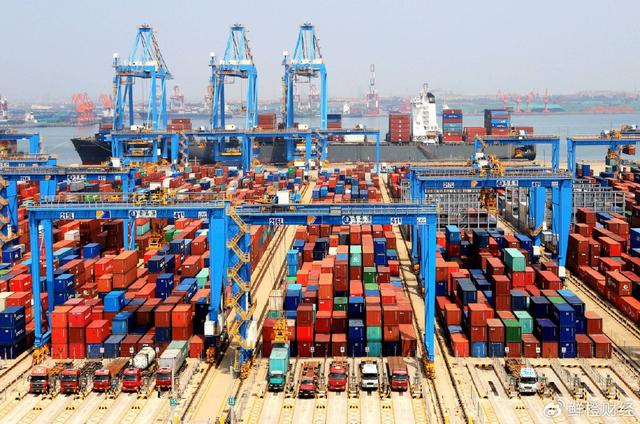
According to the latest released data, Canada experienced a trade deficit of CAD 2.28 billion in March, far from the market's expected surplus of CAD 1.5 billion, and also far below the previous surplus of CAD 1.39 billion. This result reflects the new challenges encountered in Canada's economic recovery, particularly in the context of rising global energy prices and persistent supply chain issues.
As an important energy exporting country, Canada's economic situation is largely influenced by international energy prices. Recently, due to fluctuations in international oil prices and increased domestic production costs, Canada's energy exports have been affected to some extent. In addition, the tension in the global supply chain has also put pressure on Canada's imports, further exacerbating the trade deficit problem. The widening trade deficit may have adverse effects on Canada's economic growth.
According to data from the Canadian Bureau of Statistics, the export decline exceeded expectations, especially with a more significant decline in exports to non US trading partners. This indicates that, in addition to energy price factors, the weakening of global demand and supply chain issues are also affecting Canada's export performance. It is worth noting that Canada's trade deficit issue is not an isolated phenomenon. Against the backdrop of global economic recovery, many countries are facing similar challenges. However, Canada's specific situation has also been influenced by its trade relations with its largest trading partner, the United States.
The data shows that although exports to the United States have decreased, imports have slightly increased, which to some extent exacerbates Canada's trade deficit problem. The Canadian government and central bank need to closely monitor the trade deficit issue and take appropriate policy measures to address it. This may include stabilizing the economy through monetary policy adjustments, or supporting affected industries and enterprises through fiscal policies. Meanwhile, Canada also needs to continue promoting economic restructuring and upgrading to enhance its competitiveness in the global economy.